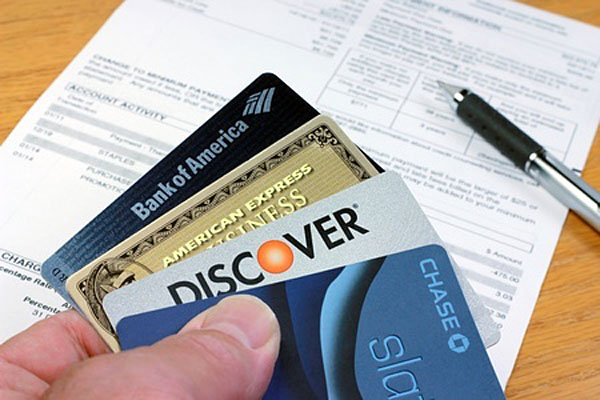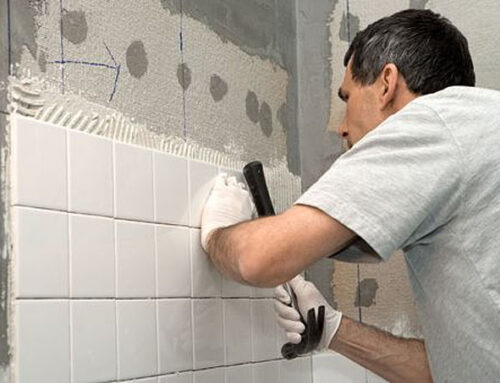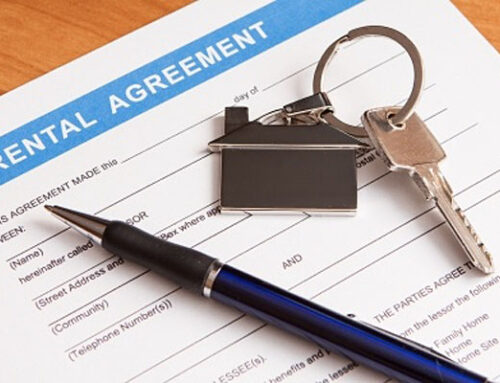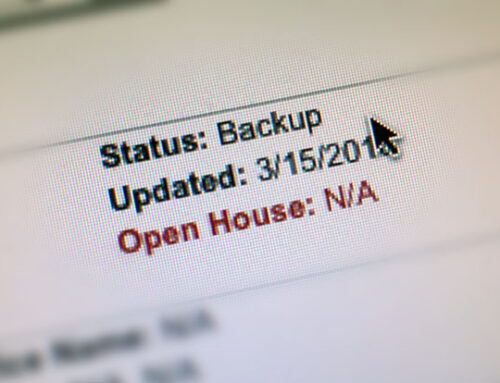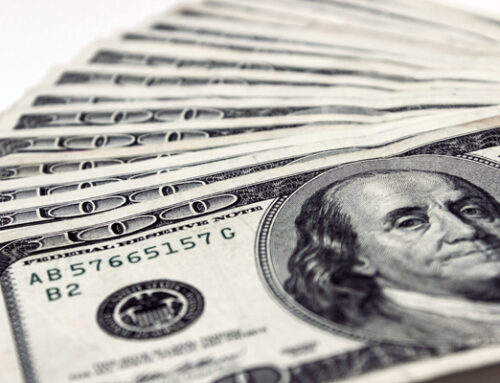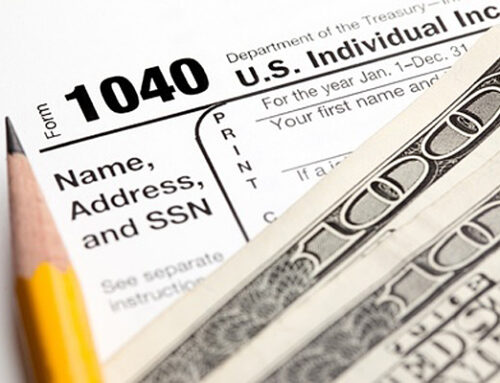Being preapproved for a home loan can reduce a ton of the stress associated with home buying. After all, shopping can be a blast, but trying to get all your ducks in a row financially after you’ve found your dream home can sometimes be a nightmare. Unfortunately, even if you’re preapproved, you can still mess up your finances enough to reduce the amount you’re preapproved for, or tank the deal altogether.
- Do not apply for new credit or create new debt after being preapproved. Credit inquiries, like the ones that are used when applying for credit cards, can lower your credit rating. Also, buying something using lines of credit you already have will offset your debt:income ratio and can ruin your preapproval.
- Keep most of your money where it is. If you’re the type of person who sees to their finances by shuffling around large sums of money, try to hold off for now. Mortgage lenders want to be able to track all of your finances, and the more you move things around, the harder that will be. If they have trouble acking funds, it will raise suspicion that there are funds you didn’t claim when you applied for a mortgage.
- Pay your bills on time. Payment history is 30% of your credit score, and making late payments after being preapproved for a mortgage can alter your score and change the lender’s opinion about whether or not you can actually pay.
Ultimately, lenders want to see stability; stability in your income history, your payment history, where your money is, etc. If things start going haywire, or your credit rating drops too much, too quickly, the lender is likely to get skittish and either approve you for less than you originally planned on or flat-out deny the application.


